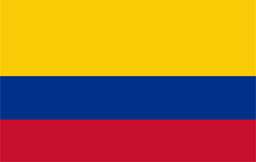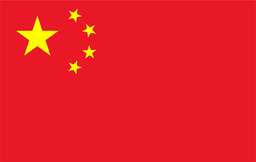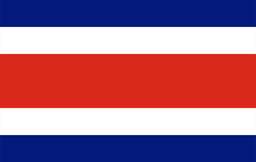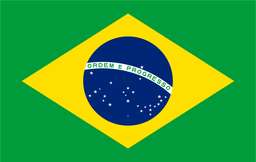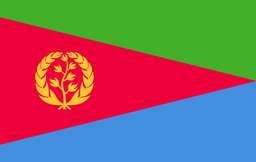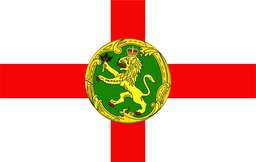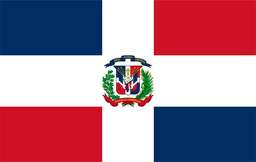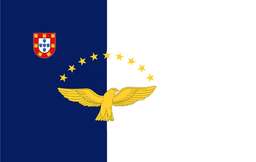Rising in Central Africa, Cameroon offers a rich and varied legacy that has shaped its people and way of life. Every one of the around 250 ethnic groups residing there follows unique customs and traditions.
The Republic of Cameroon
Late in the 19th century, Germany colonized Cameroon; during World War I, it was split between French and British territories. Originally freed from France in 1960, Cameroon's southern Cameroons came free from Britain in 1961. The first president of the country, Ahmadou Ahidjo, governed till 1982.
The period of President Paul Biya
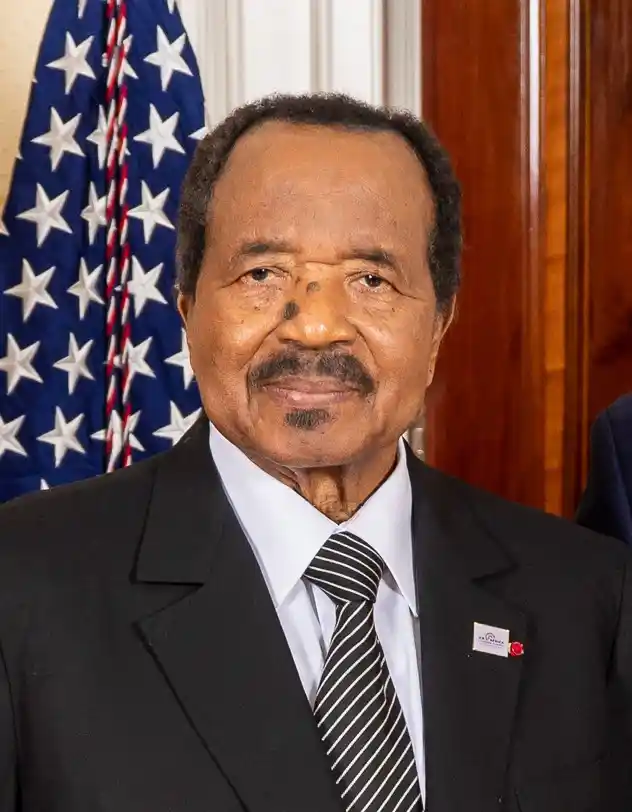
Taking over as the new President in 1982, Paul Biya has been in power for almost thirty years. Under his leadership, Cameroon has suffered from political upheaval and financial challenges. Still, infrastructure and education have also seen clear development.
Speaking two languages and embracing cultural diversity
Cameroon is one of the nations with uncommon bilingualism due to its colonial past; its official languages are French and English. Through several national celebrations honoring many ethnic groups, the country also honors its cultural richness.
Struggle for Democracy and Human Rights
Following its independence, Cameroon has battled for democracy and human rights several times. This covers a one-party regime running until 1990 and continuous demonstrations for political reform and human rights concerns, especially in the Anglophone areas.
German rule
Cameroon was known as "Kamerun" under German colonization, which was mostly utilized for trade and resource exploitation. Still major businesses today in modern-day Cameroon, the Germans brought coffee, cocoa, and banana plantations. However, the way their colonists mistreated the residents resulted in a 1914 uprising against the Germans.
French and British rule
Cameroon was split into two territories under French and British rule following World War I. This divide generated conflict between the two areas and helped to fuel a decades-long campaign for one independent nation's reunification. While the British-influenced area supported a federal system, the French influenced area chose a centralized administration.
Etymology of Cameroon
Translating as "Rio dos Camarões," or "River of Prawns," the name Cameroon comes from Portuguese. This resulted from the Wouri River of the nation's abundance of prawns.
Independence
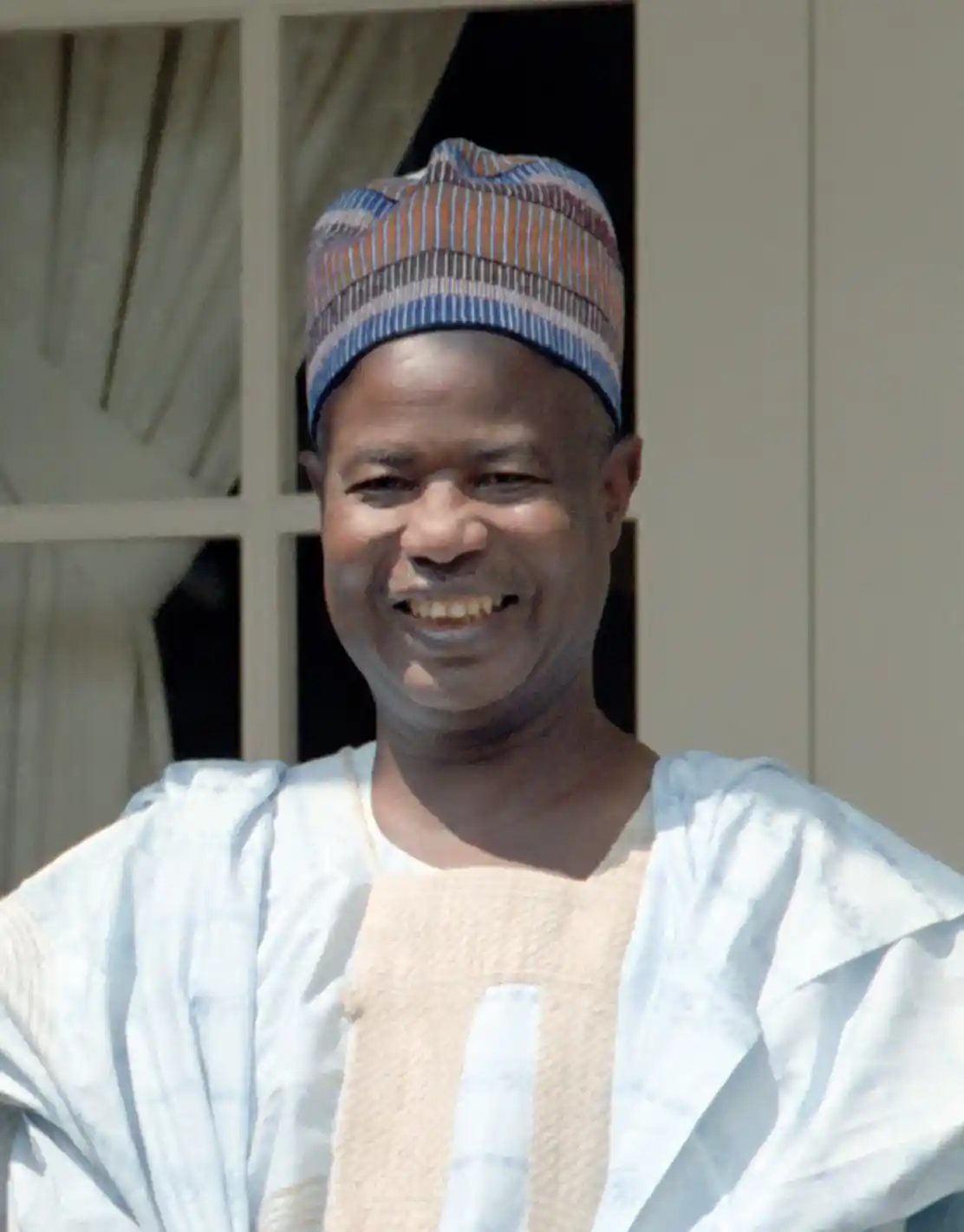
Under Ahmadou Ahidjo, Cameroon emerged from France free. The southern Cameroons opted to form a federation of Cameroon in 1961, therefore founding the Republic of Cameroon.
Federal Republic of Cameroon
Ahidjo consolidated authority and eliminated the federal system in favor of a unitary state during the 1961–1972 period of the federal republic of Cameroon.
Republic of Cameroon
A national vote aimed at renaming the nation the United Republic of Cameroon in 1972. Later on, though, this was once more altered to the present name - the Republic of Cameroon, in 1984.
The Republic and United Republic of Cameroon
In Cameroon, there have been continuous political reforms and human rights movements since the 1990s. Adopted in 1991, a new constitution let multi-party elections and more political involvement possible. These developments have not, however, totally resolved problems with corruption or breaches of human rights.
Government and politics
The head of state and government, the unitary presidential republic of Cameroon has the President serving both roles. Having been in office since 1982, Paul Biya, the present President, has come under fire for stifling political opposition and quelling dissent. The nation also has a bicameral parliament, an English common law, and a French civil law-based judicial system.
Political culture
With around 250 ethnic groups and several religious beliefs, Cameroon boasts a varied political culture. The political parties of the nation reflect this variety; often, they follow ethnic or geographical boundaries. With limits on assembly and freedom of expression, Freedom House states Cameroon is classified as "not free". The government censures and intimidates the media as well. Scheduled for 2020 are parliamentary elections, hence many people aspire for a more inclusive and open procedure.
Foreign relations
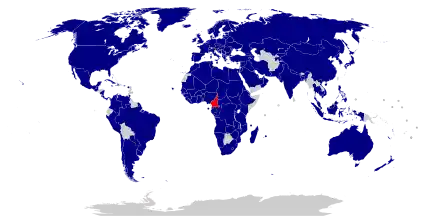
Apart from neighbours, Cameroon has strong diplomatic relations with other African countries. Among many other foreign organisations it deals with are the United Nations, the African Union, and the Commonwealth of Nations. Also, the government is extensively involved in regional peacekeeping.
Military
Among the biggest armed forces in Central Africa, the Cameroonian forces mostly serve to guard the boundaries of their nation. It has also participated in peacekeeping operations throughout nearby nations.
Human rights
The human rights record of Cameroon has drawn criticism, especially in relation to political liberties and the treatment of minorities. Apart from arbitrary arrests and detention, the administration has been accused of deploying too strong a force to quell demonstrations and opposition. Human Rights Watch claims that since 2017, Cameroon's human rights have been declining while tensions and violence in the Anglophone areas are rising. The company has recorded instances of security forces' arbitrary imprisonment, torture, and extrajudicial killings.
Administrative divisions
Cameroon has 10 regions, each with an elected regional council run under a governor chosen by the President. These areas are further split for local government into departments and arrondissements.
Geography
Found in Central Africa, Cameroon edges the Republic of Congo, Equatorial Guinea, Gabon, Chad, the Central African Republic, and Nigeria. Mountains, savannas, and rainforests, among other things, define its varied terrain.
Wildlife
Rich in variety, Cameroon features a really large array of plant and animal life. The country boasts several national parks, most famously the Waza National Park notable for its elephant count.
Economy and infrastructure
Though blessed with natural resources, Cameroon's economy has suffered from political unrest and corruption, among other difficulties. Mostly, depending on agriculture, the nation exports chocolate and coffee. Additionally, oil production helps the economy. Although Cameroon's infrastructure is still under development, efforts are being made to modernize its transport networks and raise power availability. Still, urban and rural communities construct their infrastructure rather differently.
Demographics
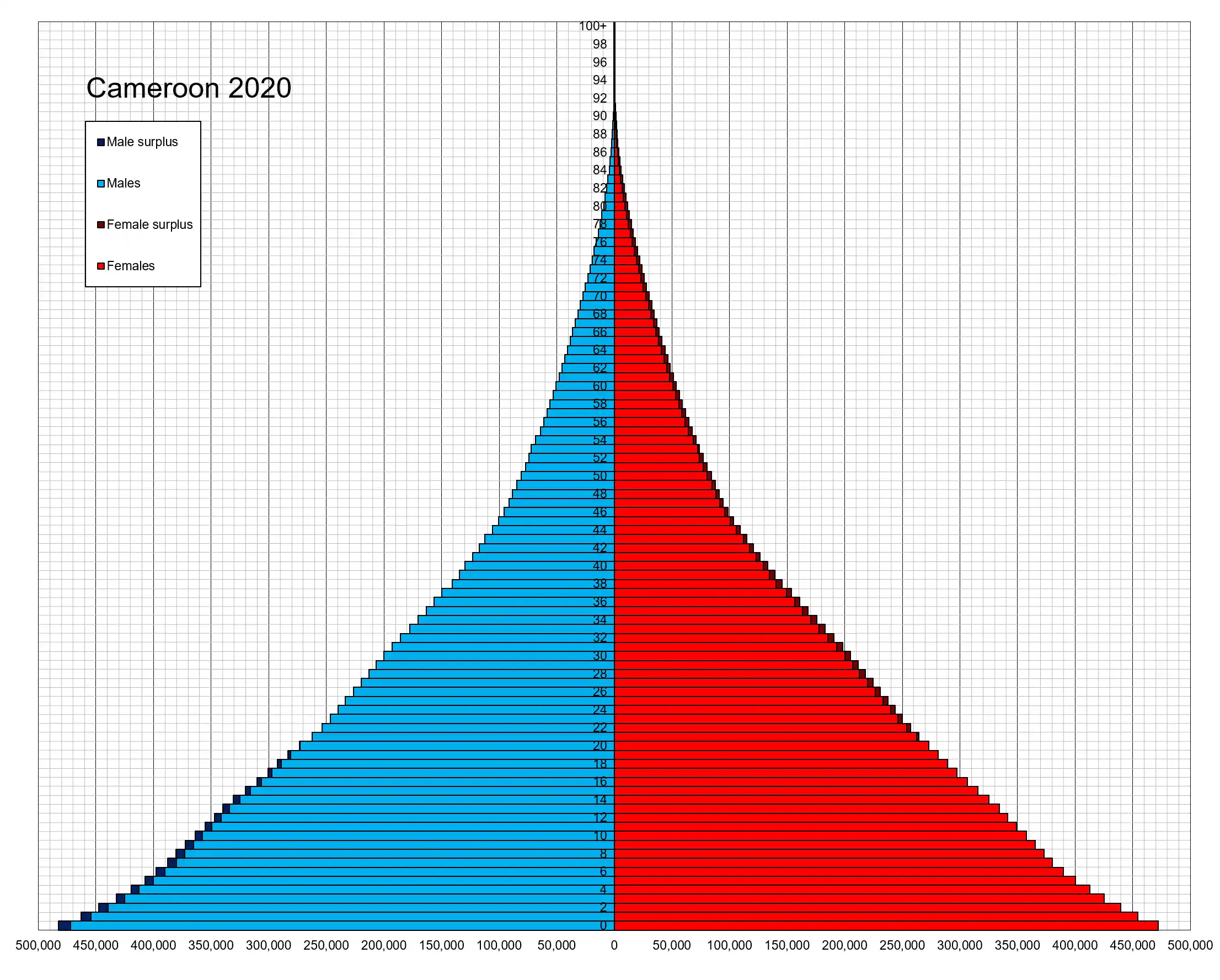
Comprising 25 million people, Cameroon features a diverse population including several ethnic groups and languages. Though English and French are the official languages, the country has a broad range of indigenous languages spoken throughout.
Refugees
Refugees from surrounding nations, particularly those escaping conflict in the Central African Republic and Nigeria, now call Cameroon home. In the Anglophone areas, conflicts have also caused some 700,000 people to be displaced inside the nation.
Languages
Given that almost 200 languages are spoken there, Cameroon is well-known for its linguistic variety. The official languages are English and French; a few places also have official status for other indigenous languages.
Religion
Although many of Cameroonians follow indigenous African religions also, most of them identify as Christian or Muslims. The government formally acknowledges freedom of religion; the nation has a long history of religious tolerance.
Health
Cameroon's healthcare system is also in trouble since many of its sites lack facilities and money. Particularly for residents of rural areas, healthcare is not easily accessible. Among the health issues afflicting the country are the HIV/AIDS epidemic and viruses like Ebola."
Culture
Cameroon boasts a diverse cultural mix between modern and traditional elements of influence. Living here are a lot of different ethnic groups with unique cultures and ways of life. Rich in music and dancing, Cameroonian society is as well-known for its cuisine, which varies depending on the region.
Education
Recent years have seen difficulties for Cameroon's educational system, including low enrolment rates and inadequate funding in several of its institutions. Still, initiatives are in way to increase access to education, especially for girls and children from rural locations.
Music and dance
With a great range of forms and influences, music and dance are fundamental aspects of Cameroonian life. While modern music has lately become somewhat popular, traditional music is still frequently employed for cultural events and ceremonies.
Holidays
Along with Christian and Muslim holidays, Cameroon boasts several others. Independence Day, celebrated on May 20, is a national holiday.
Fashion
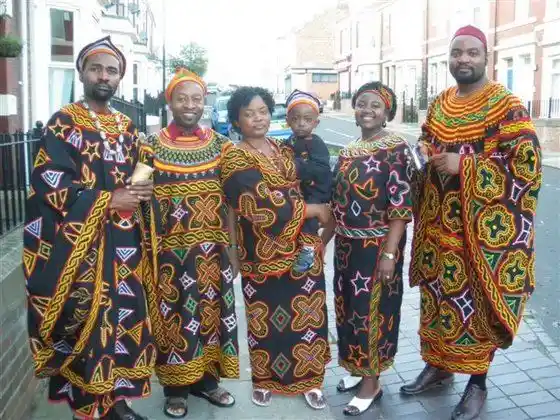
Cameroonian fashion reflects the nation's numerous cultural inspirations. Modern designs inspired by Western fashion trends can be seen with traditional garments such as the vibrantly colored and finely crafted kente cloth.
Local arts and crafts
With many local artists producing distinctive works utilizing traditional techniques and materials, Cameroon is well-known for its active arts and handicaps sector. Among popular objects are woven baskets, pottery, and wooden carvings.
Literature
Rich in literary legacy, Cameroon has numerous eminent poets and authors. The nation also has a developing modern literary culture with works released in English and French.
Films
With more films being created recently, Cameroon boasts a developing film scene. Rich oral storytelling is another legacy of the nation that has shaped films as well as literature.
Sports
Most usually used in Cameroon, as the national team excels overseas, is football (soccer). Among other popular sports are handball, basketball, and athletics.



